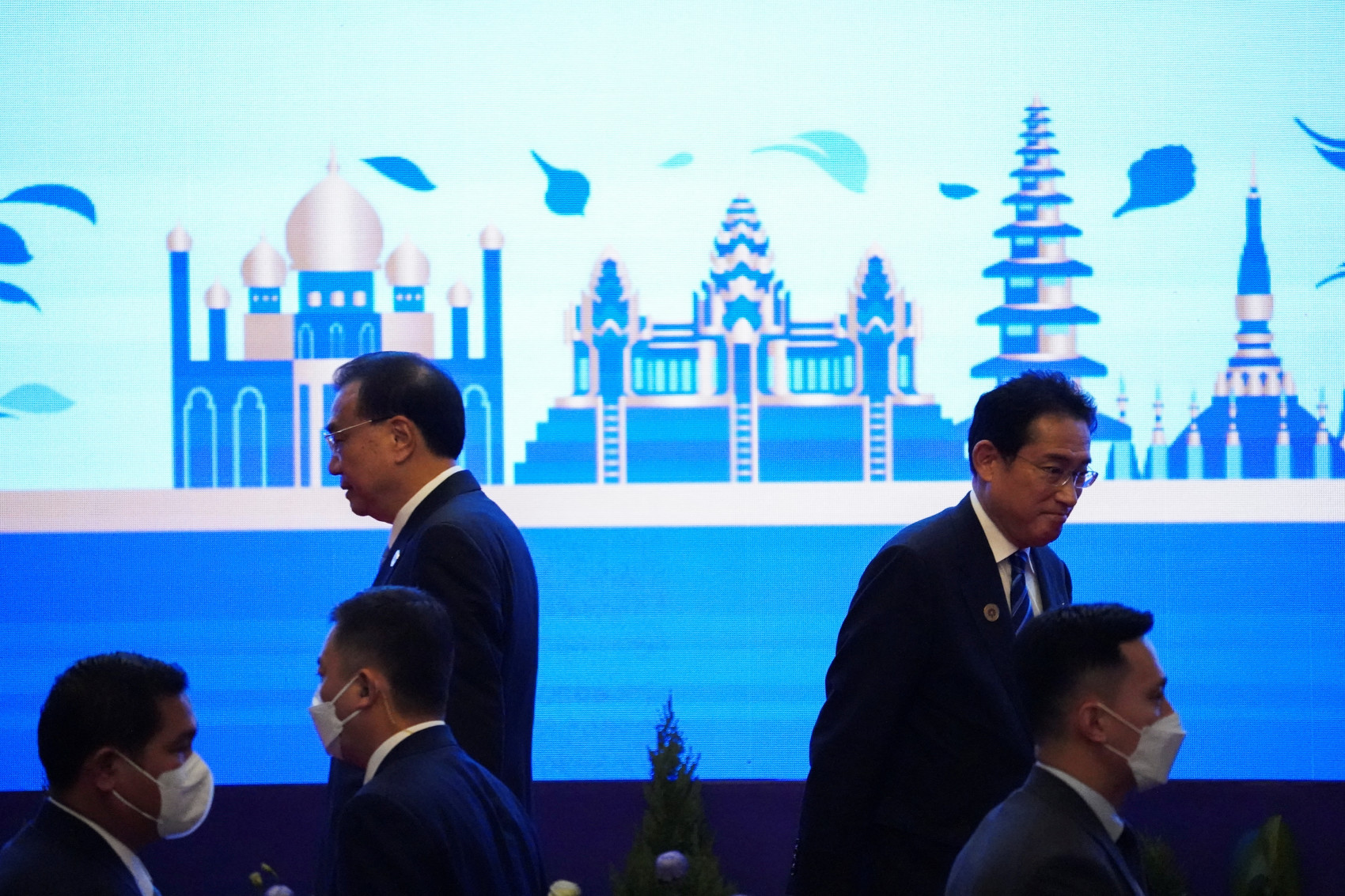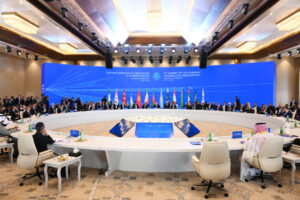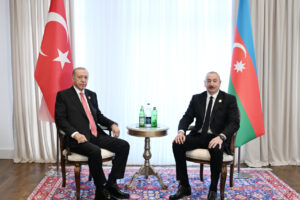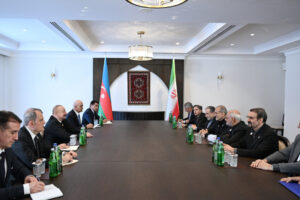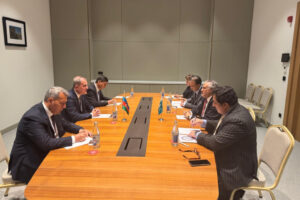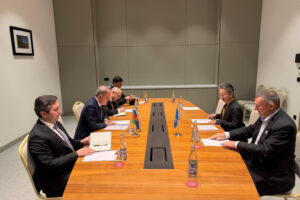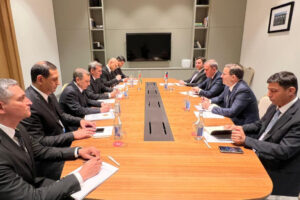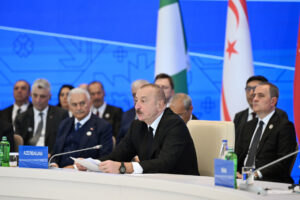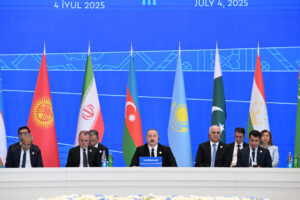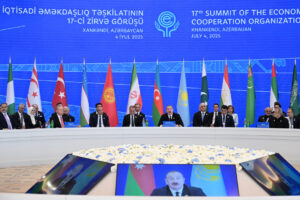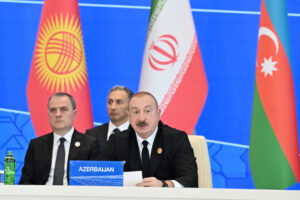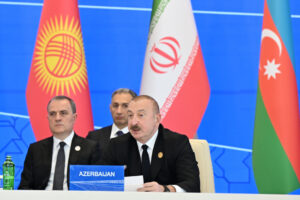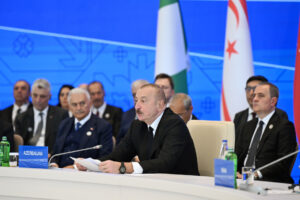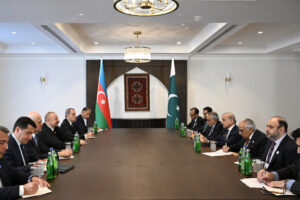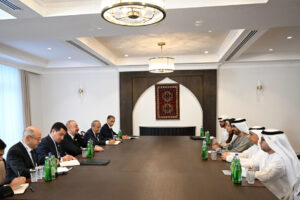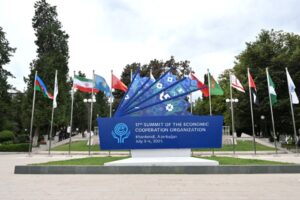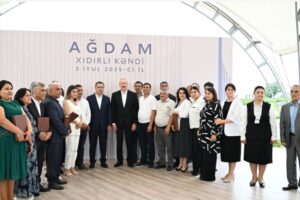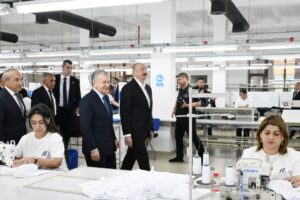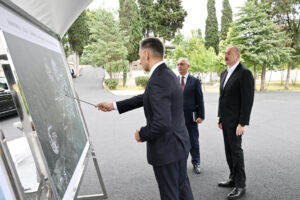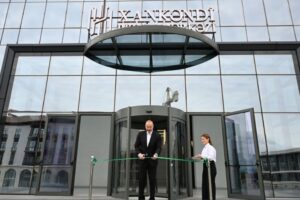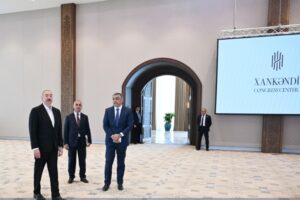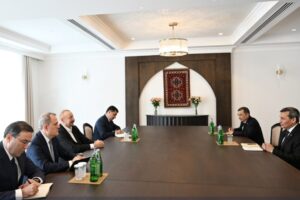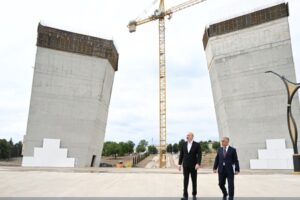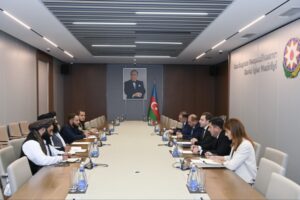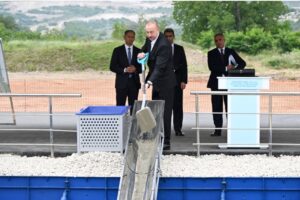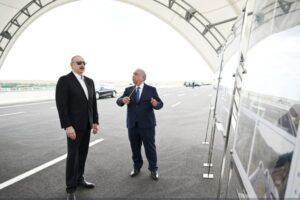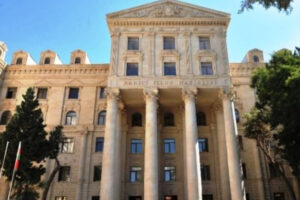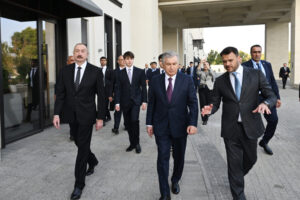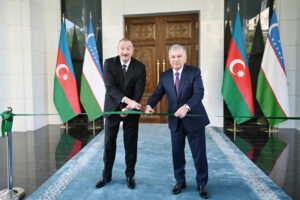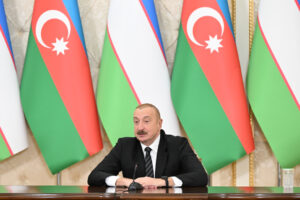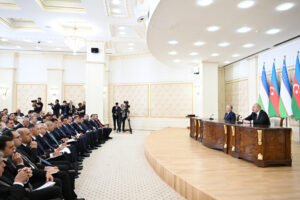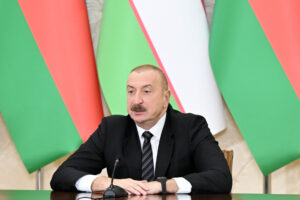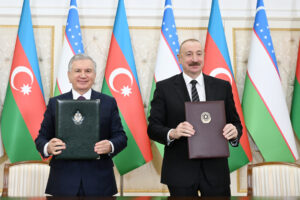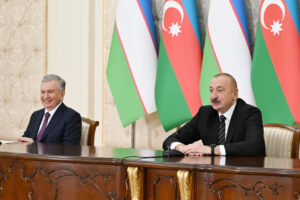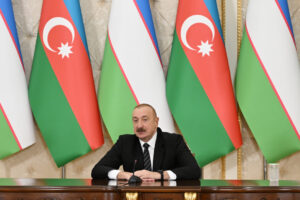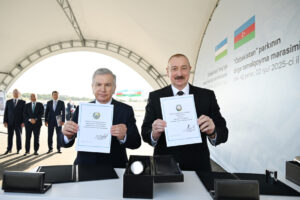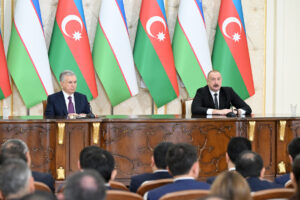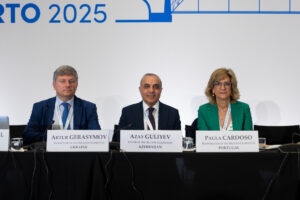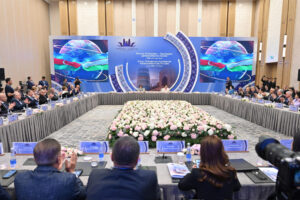Tokyo, 12 November, /AJMEDIA/
Japanese Prime Minister Fumio Kishida on Saturday sought stronger cooperation from ASEAN members in dealing with North Korea’s missile and nuclear threats, as he kicked off his eight-day Southeast Asia tour for a series of leaders’ meetings.
At a summit of “ASEAN-plus-three” — the Association of Southeast Asian Nations, Japan, China and South Korea — in Phnom Penh, Kishida told his counterparts that Pyongyang’s recent barrage of ballistic missile launches are a “clear and serious challenge to the international community and can never be overlooked,” according to the Japanese Foreign Ministry.
Kishida highlighted that the international community must take united action “toward the complete, verifiable and irreversible dismantlement” of all of North Korea’s weapons of mass destruction and ballistic missiles in accordance with U.N. Security Council resolutions, the ministry said.
Some other nations also expressed worries over the raft of ballistic missile firings this year by North Korea and referred to the importance of denuclearizing the Korean Peninsula, according to the ministry.
From China, which has considerable influence over North Korea, Premier Li Keqiang attended the meeting, but it was not immediately known whether he made any remarks on the issue, as concern grows that Pyongyang could carry out its seventh nuclear test, the first since September 2017.
The Cambodian capital is the first destination for Kishida, who will also attend summits of the Group of 20 major economies in Indonesia, and of the Asia-Pacific Economic Cooperation forum in Thailand, during his trip through Nov. 19.
As for Russia’s invasion of Ukraine, Kishida was quoted by the ministry as saying attempts to unilaterally change the status quo by force are unacceptable in any area, including Asia.
At the meeting’s outset that was open to media, South Korean President Yoon Suk Yeol said the “prolonged war” in Ukraine has worsened “the crisis of food and energy security” across the world.
The Group of Seven industrialized nations including Japan, along with like-minded nations such as South Korea, have maintained a series of economic sanctions on Russia over its invasion that started in late February.
Meanwhile, China has refrained from joining the sanctions to isolate Russia. Considering their respective relationships with Moscow, among ASEAN members, only Singapore has joined the measures, while most others have avoided criticizing Russia by name.
At Saturday’s meeting, the leaders also agreed to promote their cooperation in line with the ASEAN Outlook on the Indo-Pacific, an initiative to maintain peace, freedom and prosperity in the area, according to the ministry.
Specifically, the areas of cooperation included measures to prevent maritime plastic pollution and promote infrastructure investment in the region.
ASEAN groups Brunei, Cambodia, Indonesia, Laos, Malaysia, Myanmar, the Philippines, Singapore, Thailand and Vietnam.
Cambodia has asked Myanmar, which has been under military rule since a February 2021 coup, to send nonpolitical representatives to ASEAN-linked summits, but the junta has declined.

